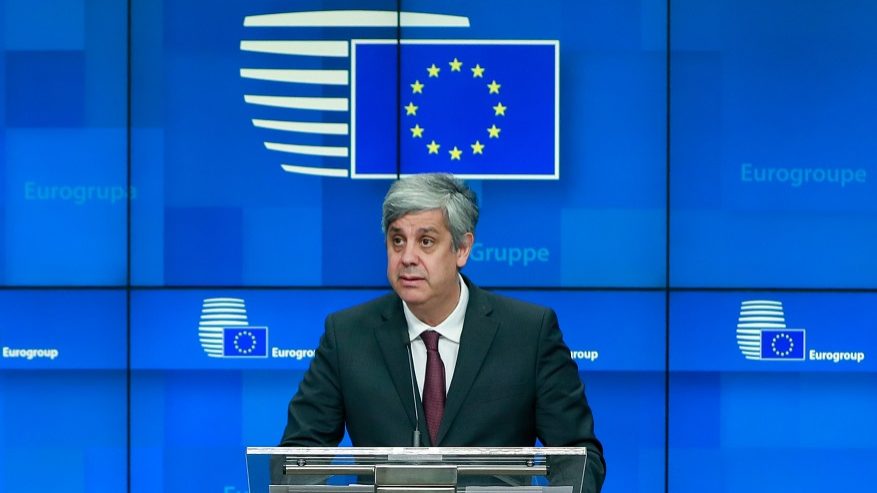Government to try to ‘convince’ European community to finance trains
The Portuguese government is trying to convince the EU to also finance investment in railway rolling stock and not just in infrastructure.
Portugal’s infrastructure minister Pedro Nuno Santos on Thursday said that the government is trying to convince the European community to also finance investment in railway rolling stock and not just in infrastructure.
“This is a struggle in which we are also involved at the moment: trying to convince the European Union, the European Commission that if they want to promote energy transition and the transition to rail, we need investment not only in infrastructure but also in rolling stock,” he said.
Pedro Nuno Santos was speaking during the “The Challenges of the National Railway Industry” meeting in Lisbon, where he was the guest speaker.
The minister considered, however, that the goal of obtaining community funds for investment in rolling stock was difficult.
“It is difficult, but it is not impossible, because the main contributors to the EU budget build trains,” he added.
Regarding investment in rail infrastructure, which he described as unprecedented, Pedro Nuno Santos recalled the commitment to have it implemented by 2023, precisely because it is financed by community funds.
Considering that the railway is no longer a thing of the past, the infrastructure minister criticised the disinvestment in the railway by some policies in Portugal and some parties, including his own Socialist Party,over the decades.
The minister also argued that investment in the railway should also serve to promote the national industry.
“We must be part of this great industry that participates in the construction of trains,” he said.
The new president of rail operator CP – Comboios de Portugal revealed in July that he expects to have the Guifões workshop in Matosinhos, working to refurbish trains at the end of the year and, next summer, have some of them serving the Douro line.
He added that the recovery of CP trains within 18 months will serve to reinforce the Sintra line, the lines that are being electrified, namely Viana do Castelo and the Douro line, which will free up rolling stock for the other lines such as Oeste, Beja and eventually for the Algarve.
The reactivation of the workshop is part of the government’s plan to refurbish trains that had been abandoned until the order of 22 new trains arrives in 2023


